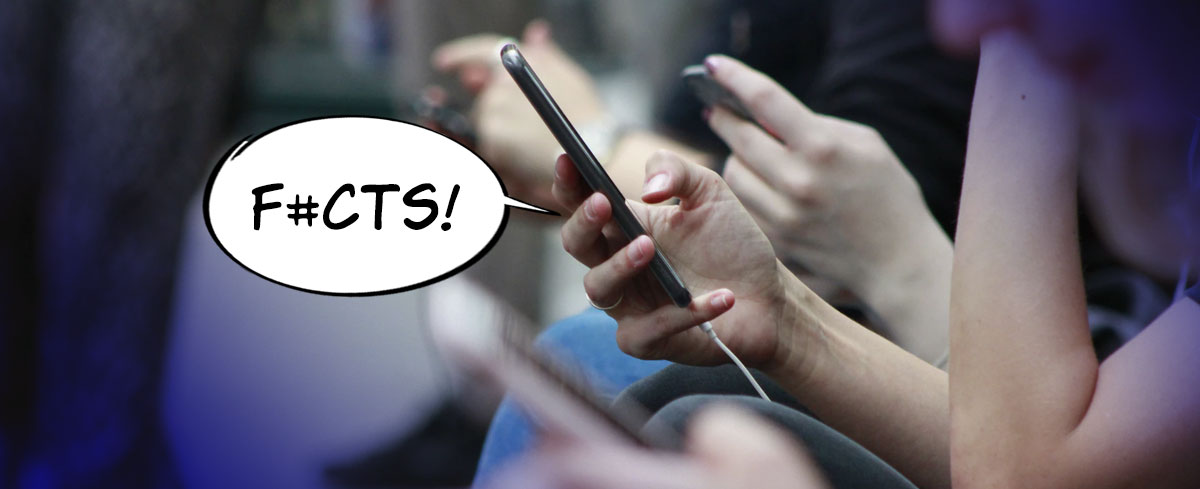By no means is this a conclusive run down on what I see as the need to find, and advocate for, a fair use of the vehicles we choose to communicate, and receive information through. By pointing out inconsistencies, and connecting them to a possible cause, my purpose here is primarily an attempt to suggest, that when it comes to social media, we practice the proverb of looking before we leap.
A few years back an incident showed me the contrast between hard reality, and cheap comment. Comments from people, who in the comfort of relative security, only seem to be far more concerned with the side of the story that sells best, than with finding balance.
Surely, this is far from what media outlets mean by the term integrity and investigative journalism? To his credit, Bennett pushes back against the leading questions made by the anchor-man, quickly realising, not without some frustration, that the interview had ended before it had really begun.
Remarking:
…You’re invited to a situation like this..it’s just great sitting on the sidelines, just telling us how to react [note]2:39 Naftali Bennett, Isreal’s Economic Minister[/note]
At the time, Australian journalist and political commentator Andrew Bolt, in support of Bennett, rightly noted:
It’s easy to say “disproportionate” when you’re sitting in London.
The same applies to social media. It’s easy to make criticisms when sitting behind a keyboard.
We need to make room for each other. We need to look before we leap. We need to make room for giving consideration to context, details, and careful comment. Patience is the imperative (if not the virtue), mainly because we’re all still trying to figure out live in a technological society, and how to use this technological freedom responsibly.
In spite of the evidence, or any quest for the truth, and balance. Like some aspects of the main stream media, social media can become a misinformation behemoth.
In the hands of resourceful and ambitious communicators, it has the disturbing potential to become the ultimate propaganda machine.
As hashtags and memes trend towards the ridiculous. The misuse of the mechanism allows an industrial grade hysteria to push a smoke screen of emotions over the facts, extinguishing balance and respectful dialogue.
The march of memes takes to the virtual street, utilising the same mass marketing concepts of Edward Bernays (1891-1995) that was so fundamental to fascism and its control of images.
By calling upon those willing to mindlessly wave around clichés and slogans, a mob-in-revolt is created. Its cause gathers momentum, often recklessly damning anything that stands to speak freely in reasoned disagreement against it, as “hate speech or racism”.
The mob-in-revolt lowers protest to the quantity of “likes, shares or follows”. Sometimes asserting itself under a mechanic of anonymity, which denies their target of protest any right of reply.
The ivory colossus of cyber communities end up inadvertently propagating totalitarianism. Inviting a repugnant irony through the vitriolic intolerance, exhibited by irresponsible and repressive armchair activists, who live in glass houses.
With small amounts of fact, and information, these glass houses become the launching pad for mobile projectiles of shame and exclusion. The term “hate speech”, for example, is utilised as a toxic and ambiguous whip statement, and is thus thrown around flippantly and without qualification. This fuels an irate frenzy of boycotts, accusation and intolerance.
A restrained, and civilised exchange of ideas is set adrift, by an unrestrained tribalism. It’s members march alongside images, marked by oversimplification. At its core is a subjectivism, full of dismissive ridicule and cynical discounting. Consequently, social media can tend to magnify that which is dysfunctional and shocking, over against, “…whatever is true, whatever is honorable, whatever is just, whatever is pure, whatever is lovely, whatever is commendable, excellent, or worthy of praise…” (Philippians 4:8, ESV)
An ‘activism’ like this measures efficiency by vanity metrics. This is because thoughtless approval can be translated into the currency of likes, shares and/or followers. In this case, why not mindlessly wave flags and howl with the wolves? The assumption being that if the price is right, so the comment should be also. Who cares if its wrong?
The questions then are:
Does self-interest, in a quest for approval, play a role in commenting, liking or sharing? If so do such considerations hinder an authentic, responsible but also vulnerable contribution? Does it drive out self-respect the same way that the mindless-mob-in-revolt drives out decency and the respect for others?
American President John Adams, citing the prophet Jeremiah, wrote:
Let me conclude, by advising all men to look into their own hearts, which they will find to be deceitful above all things and desperately wicked (Jer.17:9). Let them consider how extremely addicted they are to magnify and exaggerate the injuries that are offered to themselves, and to diminish and extenuate the wrongs that they offer to others. They ought, therefore, to be too modest and diffident of their own judgment, when their own passions and prejudices and interests are concerned…[note]Adams, J. 1851 On Private Revenge Sourced: 23/07/2014[/note]
Adams’ caution here cries out for a fair hearing. We should not politicise the pain of others.
We can do this by removing any hint of benefit to our social standing, and unmasking the transactions that hide self-interest behind indifference, or behind a facade of good intentions. We can do this by looking before we leap; giving real consideration to context, details, and careful comment.
As Australian scholar, Dr. John Dickson, in a comment about a recent debate on Facebook, once said, “redeem the medium”.[note]Dickson wrote this in response to the suggestion that he move a discussion to another site, because of the communication limitations of social media.[/note]





















